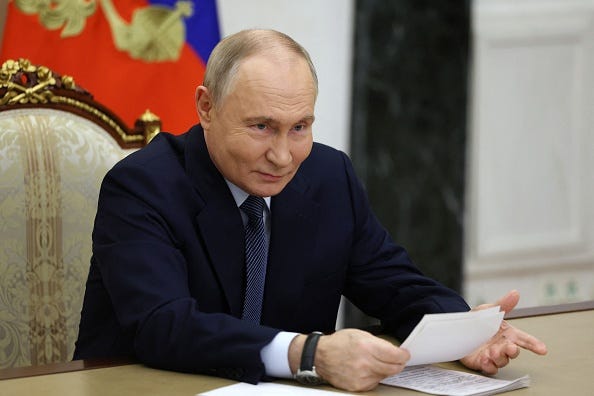BIDEN’S LAST HURRAH AGAINST RUSSIA AND PUTIN
Frustration escalates for the the lame duck president

There is a scene early on in Nathanael West’s satirical 1933 novella Miss Lonelyhearts that reeks of depression, despair, and genius. It’s hard to forget. The protagonist is a lovelorn advice columnist for a new…
Keep reading with a 7-day free trial
Subscribe to Seymour Hersh to keep reading this post and get 7 days of free access to the full post archives.



